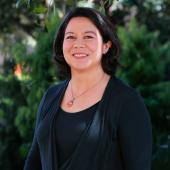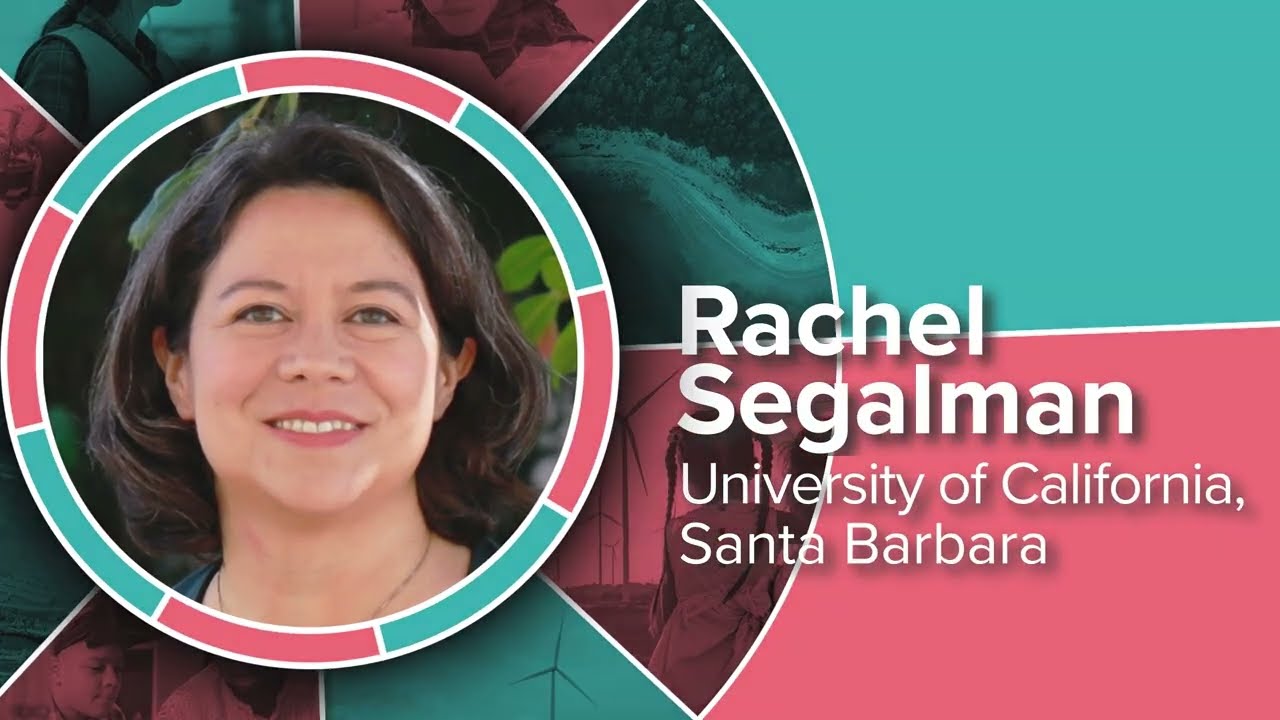
Each year, the previous year's Andreas Acrivos Award for Professional Progress in Chemical Engineering recipient is invited to deliver a special plenary. The plenary session is typically chaired by the previous lecturer (winner from two years previous).
The 2022 Andreas Acrivos Award Lecture will be delivered by 2022 award recipient Rachel A. Segalman, Edward Noble Kramer Professor of Chemical Engineering, Chemistry and Biochemistry, and Materials & Warren G. and Katherine S. Schlinger Department Chair of Chemical Engineering, University of California, Santa Barbara.
See Founding Donors

About the Andreas Acrivos Award for Professional Progress in Chemical Engineering
In honor of one of the chemical engineering profession’s most influential leaders and one of the great fluid dynamacists of the 20th century, the American Institute of Chemical Engineers (AIChE) has renamed the Professional Progress Award the Andreas Acrivos Award for Professional Progress in Chemical Engineering.
The award recognizes outstanding progress in the field of chemical engineering. The awardee will have made a significant contribution to the science of chemical engineering through one of the following means:
- A theoretical discovery or development of a new principle in the chemical engineering field.
- Development of a new process or product in the chemical engineering field.
- An invention or development of new equipment in the chemical engineering field.
- Distinguished service rendered to the field or profession of chemical engineering.
The recipient is invited to deliver an address at the next Annual Meeting.
Charge Neutral Polymer Complexes as Battery Components
Rachel A. Segalman, Edward Noble Kramer Professor of Chemical Engineering, Chemistry and Biochemistry, and Materials & Warren G. and Katherine S. Schlinger Department Chair of Chemical Engineering, University of California, Santa Barbara
Polymeric components impart inherent mechanical durability and decreased flammability to electrochemical devices, but must have higher performance metrics in order to gain widespread use. This is a particular challenge as long-range Lithium ion transport is directly related to the viscosity matrix material and is ultimately limited by the sluggish dynamics of polymers. In this talk, I will discuss superionic conductivity in which the ion motion is decoupled from matrix dynamics and instead occurs through free volume elements in the structure. I will discuss our work to design semi-crystalline zwitterionic polymers that demonstrate superionic conductivity and also very high salt solubilities due to their polarizability. As a result, they have both high Lithium ion conductivities (10-3 S/cm) and cation transport numbers (t+=0.67) despite their modest glass transition temperatures (0-25°C). I will also discuss new coacervate-inspired battery binders that demonstrate both high ion and electron conductivities and their use to in composite electrodes compatible with polymer electrolytes.

